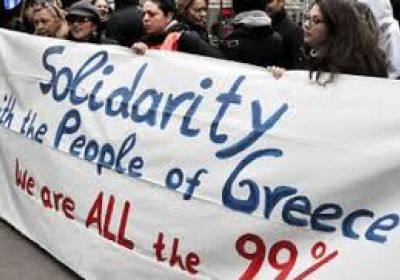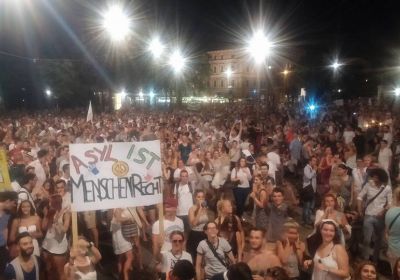
In less than a fortnight a series of tragedies took place on the borders of Europe, spurring a continent-wide debate over refugee policy.

In less than a fortnight a series of tragedies took place on the borders of Europe, spurring a continent-wide debate over refugee policy.
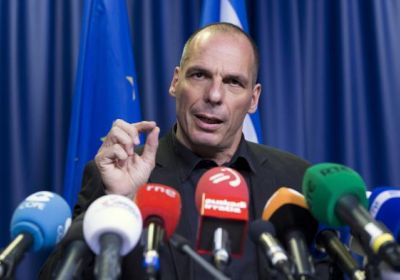

“Are we animals? Why? Why?” Those were the words of one Syrian refugee to BBC's Channel 4 recently after Macedonian police attacked desperate families seeking entry into the country along the border with Greece.



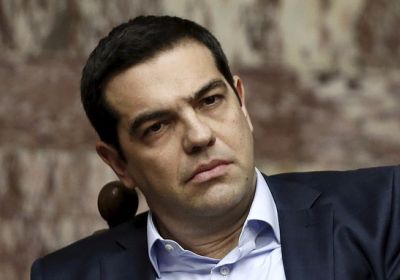

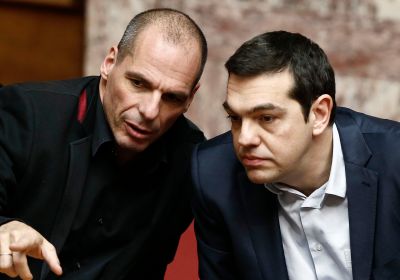

The Greek parliament passed a second bill on July 23 including measures needed for Greece to open negotiations over the eurozone's bailout package of 86 billion euros, TeleSUR English said that day.

Protests took place in 14 cities in Germany on July 16 against the German government’s aggressive treatment of the Greek crisis and in solidarity with their European Mediterranean neighbours.
